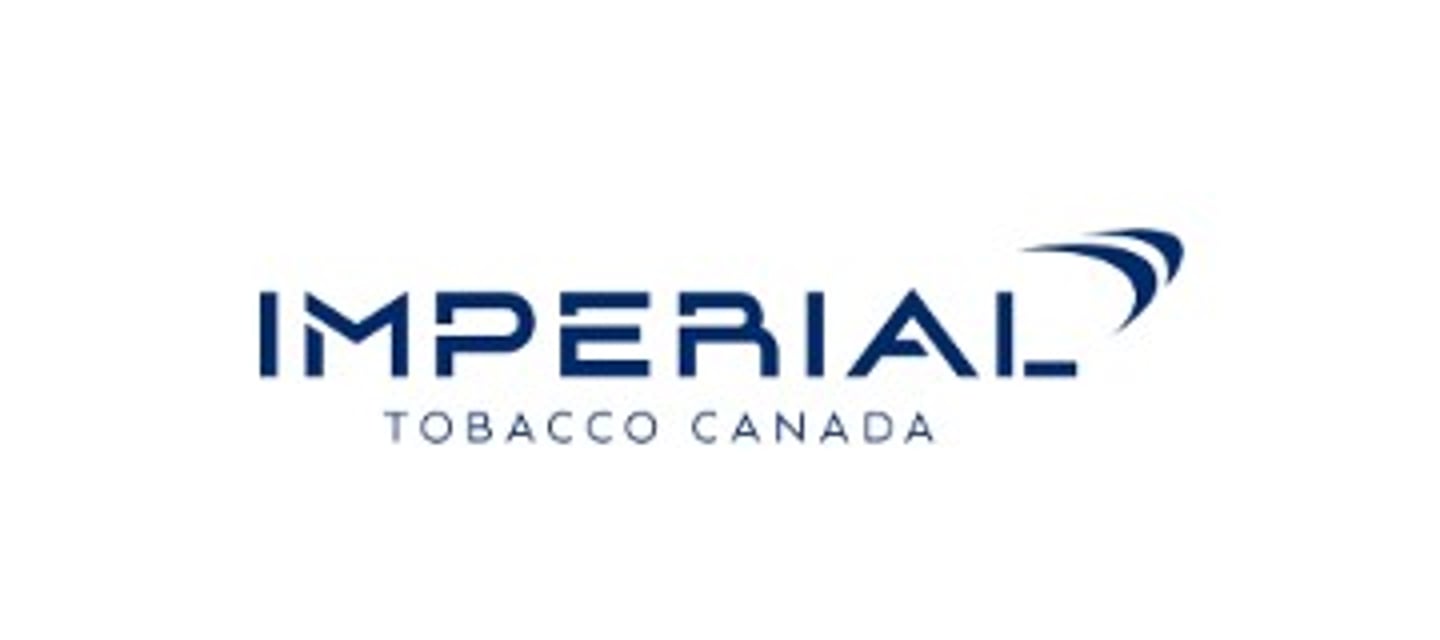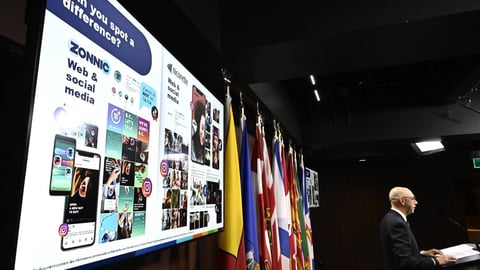Tobacco giants would pay out $32.5B to provinces, smokers in 'historic' proposed deal
Three tobacco giants would pay close to $25 billion to provinces and territories and more than $4 billion to tens of thousands of Quebec smokers and their loved ones as part of a newly proposed deal in a corporate restructuring process triggered by a long-running legal battle.
A proposed plan of arrangement developed through mediation was filed in an Ontario court Thursday after a prolonged five-year process.
The companies — JTI-Macdonald Corp., Rothmans, Benson & Hedges and Imperial Tobacco Canada Ltd. — sought creditor protection in Ontario in early 2019 after they lost an appeal in a landmark court battle in Quebec.
The Ontario court put all legal proceedings against the companies on hold as they tried to work out a deal with their creditors, which include the plaintiffs in two Quebec class-action lawsuits as well as provincial governments seeking to recover smoking-related health-care costs.
Under the proposed plan filed Thursday, provinces and territories would receive payments over time, with roughly $6 billion to be paid out when the deal is implemented.
The Quebec plaintiffs would file claims for compensation of up to $100,000 each.
The proposed plan also includes more than $2.5 billion for smokers in other provinces and territories who were diagnosed with lung cancer, throat cancer or chronic obstructive pulmonary disease between March 2015 and March 2019. They would be eligible for up to $60,000 each.
Bruce W. Johnston, one of the lawyers for the Quebec plaintiffs, said the proposal is "historic and unprecedented" because it allows for the compensation of smokers as well as governments.
"When we took this case, there had never been a single plaintiff who had received a single penny from a tobacco company," he said Thursday. "We took this case in 1998 and as a result of our case, not only will tens of thousands of victims be compensated by the tobacco industry in Canada, most of them in Quebec, but also governments are going to be sharing $24 billion."
The plaintiffs have endured lengthy delays and now they can finally see that there's "probably a light at the end of the tunnel and that they will receive compensation," he said.
While many of the class-action members died before they could receive any money from the companies, their successors — and in some cases, their successors' successors — will be eligible for compensation, he said.
The proposed deal would also see the companies pour more than $1 billion into a foundation to fight tobacco-related diseases. That amount includes $131 million taken from the money allocated to the Quebec plaintiffs.
The proposal must still go through several steps before it can be put into action, including a vote by creditors and approval by the court.
The mediation was confidential, so the class-action members couldn't know how things were progressing and many didn't understand why it was taking so long, Johnston said.
Several health-care groups argued the lack of transparency surrounding the talks would benefit the companies at the expense of other stakeholders.
As recently as last month, three groups — Action on Smoking & Health, Physicians for a Smoke-Free Canada and the Quebec Coalition for Tobacco Control — said recent court filings suggested the provinces had agreed to a process that would give the companies veto power over the final deal.
The groups have consistently urged the provinces to impose regulations and smoking-reduction measures as part of a deal with the companies.
Some organizations, including the Canadian Cancer Society, were also calling for a deal to involve the public disclosure of internal company documents.
Rob Cunningham, a lawyer for the Canadian Cancer Society, said the proposed deal is "the most significant proposed settlement in the world outside of the United States" in a case of its kind so far.
But unlike the global settlement reached with tobacco companies in the U.S. in the late 1990s, it doesn't include policy measures aimed at reducing tobacco use or any public disclosure of documents, he said.
He said the cancer society, which has been named a social stakeholder in the case, will review the details of the roughly 1,400-page proposal and make submissions as part of the approval process.
The Quebec lawsuits involved smokers who took up the habit between 1950 and 1998 and fell ill or were addicted. Heirs of such smokers were also party to the suits.
Court filings from last year suggest hundreds of the class-action members have died since the creditor protection proceedings began.
READ: Tobacco companies seek to extend order suspending legal proceedings against them
Imperial Tobacco Canada responds on CCAA proceedings
"Today marks an important step towards a potential settlement,” said Eric Gagnon, vice-president, corporate and regulatory affairs for Imperial Tobacco Canada in a statement regarding its ongoing Companies' Creditors Arrangement Act (CCAA) proceedings and the court-appointed mediator's and monitor's plan of compromise and arrangement, which was filed in the Ontario Superior Court of Justice.. “Since filing for CCAA protection in 2019, Imperial Tobacco Canada has been working in good faith under the direction of the mediator to resolve all tobacco litigation in Canada."
“The plan resolves all Canadian tobacco litigation and provides a full and comprehensive release to Imperial, BAT and all related entities for all tobacco claims. This settlement will be funded by the cash on hand and the cash generated from the future sale of tobacco products in Canada while at the same time maximizing recovery for the creditors. It also allows the Canadian tobacco companies to continue operating as a going concern for the benefit of all stakeholders.”
"Imperial Tobacco Canada is supportive of the settlement framework and structure in the mediator's and monitor's plan of arrangement and the progress that has been made, and we remain hopeful that a comprehensive settlement can be achieved quickly. We look forward to working towards a final agreement that is in the best interests of all stakeholders, including the claimants, and bringing this process to a successful conclusion." added Gagnon.
Key numbers in the deal proposed by three tobacco giants
Three tobacco giants would pay billions of dollars to provincial and territorial governments as well as smokers across Canada as part of a proposed deal in a corporate restructuring process set off by a legal battle over the health effects of smoking.
Here are the key numbers of the proposal, based on a court filing as well as one of the parties in the Quebec class action.
$24.725 billion: Amount to be paid to the provinces and territories.
$6 billion: The share of the amount for provinces and territories expected to be paid out at the time the deal is implemented.
$4.25 billion: Amount to be paid to the plaintiffs in two Quebec class-action lawsuits.
$2.521 billion: Amount to be paid to smokers in the rest of Canada who were diagnosed with lung cancer, throat cancer or chronic obstructive pulmonary disease between March 2015 and March 2019.
$1 billion, including a $131 million contribution from the compensation to the Quebec plaintiffs: Amount to be paid to a foundation to fight tobacco-related diseases.
$15 million: Amount to be paid to tobacco producers.
$100,000: Maximum amount available to each Quebec plaintiff who files a claim for compensation.
$60,000: Maximum amount available to smokers in the rest of Canada covered by the deal.
With additional files from The Canadian Press




